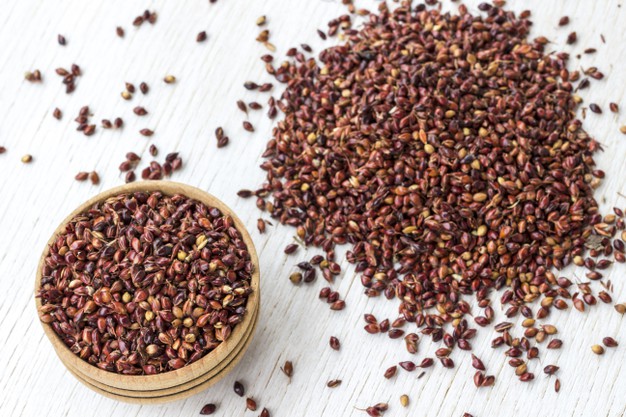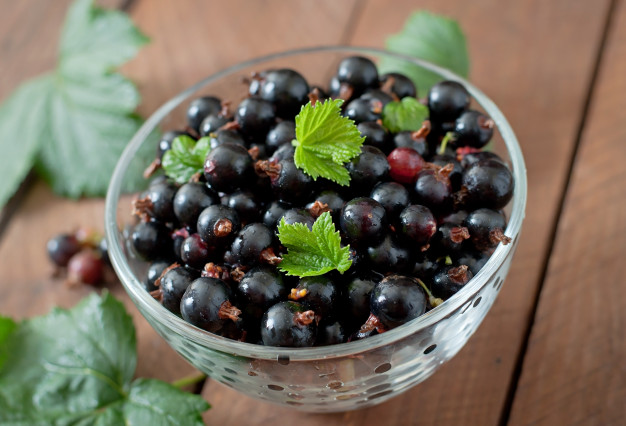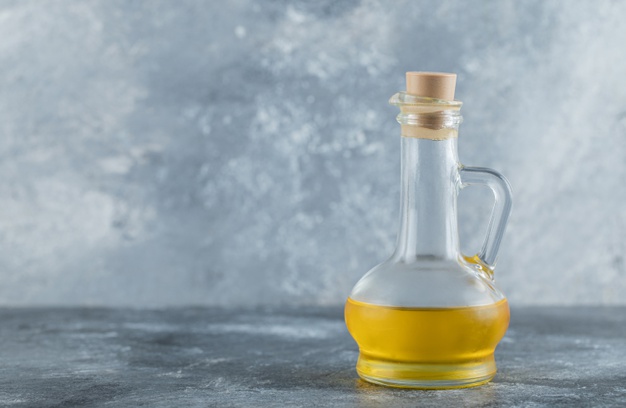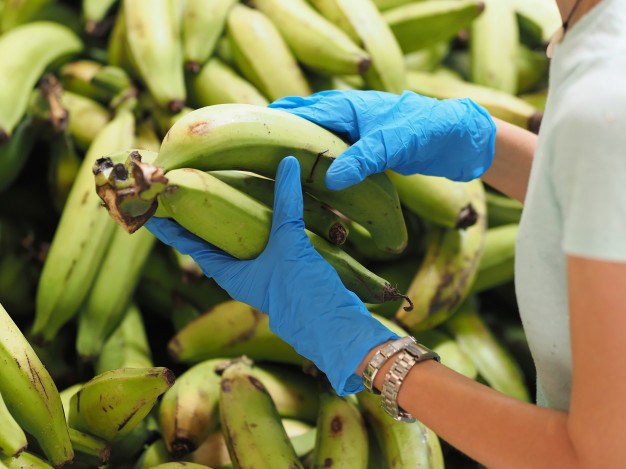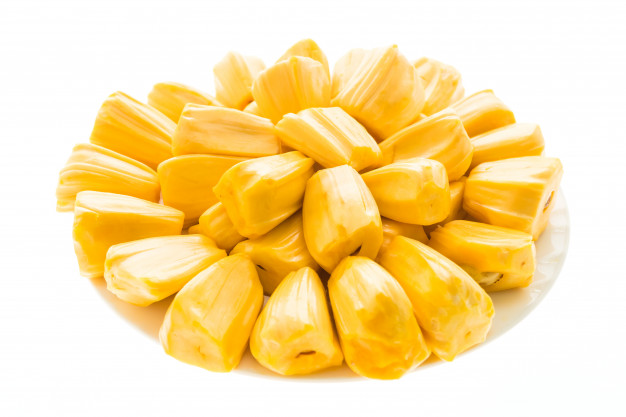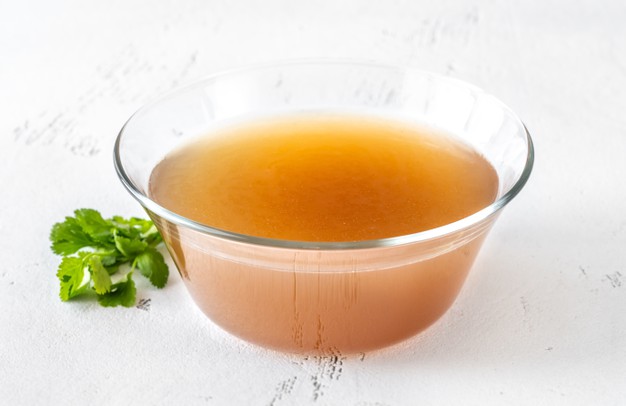Birch sap is the clear water extracted from Birch tree, belongs to Betula genus. It is also known as Birch syrup or Birch tree water or Birch juice. It is extremely nutritious and has been extensively used for various medicinal purposes.
Nutritional profile
- It contains lesser amount of carbohydrates
- It contains too some extent of protein as well
- It does not provide enough calorie on its oxidation as it is a poor source of carbohydrate as well as fat thus it is considered as a low calorie food
- It is rich in moisture
- It is also packed with various important micronutrients like Vitamin C, Vitamin B complex, calcium, zinc, copper, potassium, manganese and magnesium
- It contains various biologically active components as well, which exert numerous nutraceutical activities
Biological activity
Antioxidant activity
Polyphenols present in Birch sap are responsible for exerting antioxidant activity, which is responsible for protecting the body from free radical induced oxidative damages
Anti-inflammatory activity
It helps in preventing inflammation by reducing the level of inflammatory markers in body
Anti-carcinogenic activity
Its antioxidant activity and polyphenolic components are responsible for exerting anti-carcinogenic activity, which help to decrease the prevalence of cancers by suppressing the growth of malignant cell within body


Health benefits
Role on skeletal health
- Consumption of Birch water is very effective for promoting the growth of skeletal system as it contains desirable amount of calcium, which helps in healthy bone formation
- Apart from calcium, its manganese and magnesium components are also responsible for developing bones and they help in preventing bone loss as well
- Manganese component of Birch water plays significant role in preventing spinal bone loss especially among older women
- Zinc and copper components of Birch water also play vital role in improving bone health
- It significantly decreases the prevalence of bone fractures as it is associated with enhancing bone mineral density, which ultimately reduces the prevalence of bone thinning
- Consumption of Birch sap is very useful for improving the symptoms of osteoporosis too
Hypolipidemic activity
- Saponin component of Birch sap is considered as the main component responsible for exerting hypolipidemic activity
- It significantly decreases the concentration of LDL, VLDL and triglyceride in body, which ultimately helps to protect an individual from the detrimental effects of hypercholesterolemia
- Its cholesterol lowering effect is also beneficial for promoting cardiac health, hepatic health and renal health
- It has also seen that consumption of Birch sap is linked with increasing the level of good cholesterol or HDL in body, which has a positive impact on health
- It is also associated with improving lipid profile by maintaining a healthy ratio of LDL and HDL

Role on hepatic health
- Consumption of Birch sap is extremely helpful for keeping the liver healthy
- It contains various bioactive components that help in promoting hepatic health and functionality
- It acts as an important detoxifying agent that helps in detoxifying the blood and stimulates the liver for eliminating toxins from body as well
- Its cholesterol lowering effect is also accountable for promoting hepatic health as it helps to decrease the prevalence of fatty infiltration or fat deposition within hepatic cells as a result lowers the risk of necrosis, which ultimately promotes hepatic activity
- It plays significant role in decreasing the prevalence of fatty liver disease, cirrhosis of liver and gall stones
Role on renal health
- Consumption of Birch sap is awfully useful for maintain a healthy renal system as it contains various important nutrients that provide proper nourishment to kidney
- It has seen that it contains adequate amount of potassium, calcium and zinc, all of which are essentially required by the body for proper renal functioning
- It also helps in proper urination, which ultimately helps in eliminating waste products from the body
- Its consumption helps in decreasing the risk of developing kidney stone as well

Role on hydration
- It is considered as an effective way for hydrating the body. It is rich in moisture and loaded with electrolytes thus its consumption is thought to be an imperative preventive measure for dehydration
- Its mineral contents as well as its unique taste are accountable for making it a good choice for those individual who are looking for a flavorful alternative to water
- It has seen that it contains relatively lesser amount of sugar and calories thus it is also considered as a healthy low glycemic beverage for hydration
Role on skin
- Birch sap plays significant role in improving skin health
- It contains various imperative nutrients that are responsible for increasing the production of keratinocytes (skin cells), which ultimately make the skin healthy as well as rejuvenated
- Vitamin C present in Birch sap is also responsible for stimulating collagen production, which subsequently enhances skin elasticity
- It is associated with keeping the skin hydrated
- Its antioxidant activity is also accountable for protecting the skin from free radical induced oxidative damages, which ultimately lowers the prevalence of dermal disorders
- It helps to prevent ageing as well
- It is also associated with protecting the skin from the detrimental effects of UV radiation


Role on hair
- Consumption of Birch sap is really very effective for improving hair health
- It contains various important vitamins and minerals that play vital role in promoting collagen synthesis and iron absorption, which ultimately help to provide proper nourishment to the scalp and promotes hair growth
- It is associated with preventing hair damages as well as hair loss
- It has been traditionally used as an effective conditioner for lustrous hair
Therapeutic uses
It has been traditionally used for various therapeutic purposes, which include –
- It is used as an imperative therapeutic substance for cardiac health. Its antioxidant activity and micronutrient components are responsible for promoting cardiac health and functionality
- Its magnesium content is responsible for preventing arrhythmia
- Its potassium content helps to prevent hypertension
- Its cholesterol lowering activity is also accountable for promoting cardiac health as it decreases the susceptibility of atherosclerosis and coronary artery disease by inhibiting fat deposition within blood vessels
- It helps in wound healing
- It helps in improving the health and functionality of connective tissues as well
- Its consumption is also very effective for improving the symptoms of gout
- It helps to prevent joint swelling and plays significant role in promoting joint health thus its consumption is thought to be very much useful for improving the symptoms of arthritis. It is also very much helpful for reducing joint pain
- Being a low glycemic beverage, it is considered as a healthy option for diabetic patient because its consumption does not increase too much blood glucose load after its consumption
- It also helps in improving immunological responses of the body
- Its consumption is very effective for promoting digestive health as well

Other uses
Apart from therapeutic uses, it is also utilized for various other purposes, like –
- It is used for preparing several cosmetics like cream, lotion, shampoo, conditioner etc
- It is also used for producing beer
- Vinegar can be prepared from Birch sap as well
- It can be used for preparing candies too
- It can also be used for preparing wine
Risk factors
Excessive consumption of Birch sap may cause allergic reaction thus it is better to consume it in moderation.

Source:
Bilek, M., Szwerc, W., Kuźniar, P., Stawarczyk, K. and Kocjan, R., 2017. Time-related variability of the mineral content in birch tree sap. J. Elem, 22(2), pp.497-515.
Brinckmann, J. and Brendler, T., Modern Research of Birch.
Dehelean, C., Pînzaru, S.C., Peev, C., Soica, C. and Antal, D.S., 2007. Characterization of birch tree leaves, buds and bark dry extracts with antitumor activity. Journal of optoelectronics and advanced materials, 9(3), p.783.
Dehelean, C.A., Soica, C.M., Toma, C.C., Feflea, S., Gruia, A.T. and Kasa Jr, P., 2010. Antitumoral activity of betulin, a compound present in birch tree, in formulations with cyclodextrin. Studia Univ. VG, Seria St. Vietii, 20, pp.55-58.
Jiang, H., SAKAMOTO, Y., TAMAI, Y. and TERAZAWA, M., 2001. Proteins in The Exudation Sap from Birch Trees, Betula platyphylla Sukatchev var. japonica Hara and Betula verrucosa Her. Eurasian Journal of Forest Research, 2, pp.59-64.


